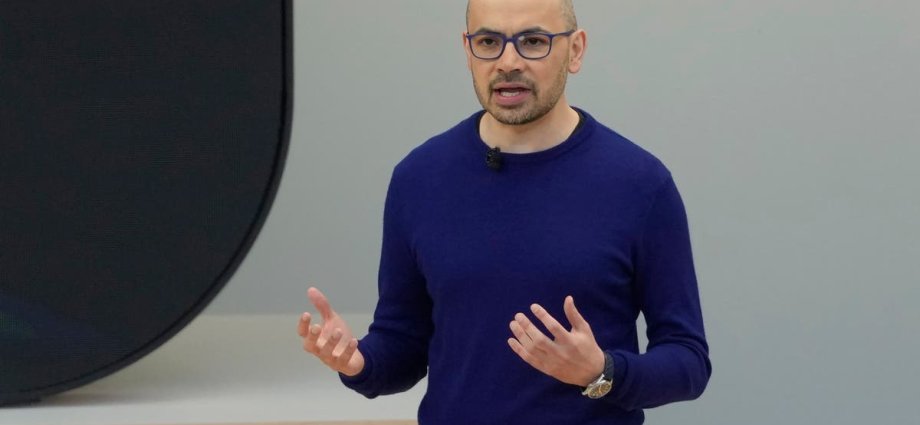AI researchers have been awarded the Nobel Prize in Chemistry, for their work on proteins.
Sir Demis Hassabis, who is the chief executive and and co-founder of London-based artificial intelligence start-up Google DeepMind, received the honour alongside John Jumper, a senior research scientist at the company, and David Baker, of the University of Washington.
The win for the DeepMind researchers represents the second Nobel Prize in a row to be awarded for AI work. The day before, machine learning researchers were given the physics prize for their work on early systems that led to today’s artificial intelligence.
In 2020, Sir Demis and Dr Jumper presented an AI model called AlphaFold2.
With its help, they have been able to predict the structure of virtually all the 200 million proteins that researchers have identified.
Since their breakthrough, AlphaFold2 has been used by more than two million people from 190 countries.
Sir Demis Hassabis was born in London in 1976 and received his PhD in from University College London.
The other half of the prize was awarded to Baker “for computational protein design”. Baker is a professor at the University of Washington, in Seattle, and learned how to master life’s building blocks and create entirely new proteins, the award-giving body said.
“One of the discoveries being recognised this year concerns the construction of spectacular proteins,” the academy said in a statement. “The other is about fulfilling a 50-year-old dream: predicting protein structures from their amino acid sequences.”
The prize, widely regarded as among the most prestigious in the scientific world, is worth 11 million Swedish crowns ($1.1 million).
“I’m really excited about all the ways in which protein design makes the world a better place in health, medicine and really, outside technology,” Baker said by phone to the press conference announcing the prize.
In 2003, Baker was able to use amino acids, often described as life’s building blocks, to design a new protein that was unlike any existing one, the academy said.
That opened the door to the rapid creation of different proteins for uses in areas such as pharmaceuticals, vaccines, nanomaterials and even tiny sensors.
“He developed computational tools that now enable scientists to design spectacular new proteins with entirely novel shapes and functions, opening endless possibilities for the greatest benefits to humankind,” Heiner Linke, chair of the Nobel Committee for Chemistry, said of Baker’s contribution.
Additional reporting by agencies











